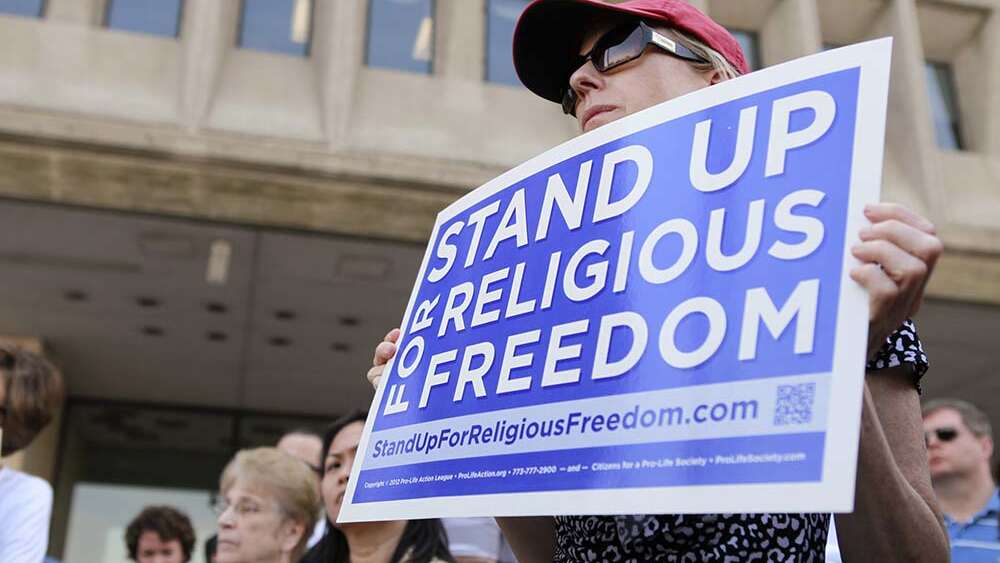NSW plans to catch up with the other states and have a religious discrimination law
NSW’s religious folk will be protected from being sacked for their faith and other forms of discrimination if the recommendation of a parliamentary inquiry is followed.
The “First State” in Australia will be one of the last to give protection in law against religious discrimination, leaving SA as the lone jurisdiction with only very limited protections.
The Joint Select Committee on the Anti-Discrimination Amendment (Religious Freedoms and Equality) Bill 2020 recommends protection for both individuals and non-profit organisations for discrimination “on the grounds of religious beliefs or activities”.
The inquiry examined a private member’s bill that had been put forward by One Nation’s Mark Latham, a member of the NSW Upper House.
As amended by the inquiry, a future government bill would aim to give religious people equal rights with those who have other protected characteristics – race, homosexuality, transgender, and HIV/AIDS. In fact, as the inquiry points out, even if a new law was passed, those with the other protected characteristics would still have more protection than religious persons will get – as the new law won’t provide protection against vilification.
The report quotes Anglican Bishop Michael Stead saying in evidence: “This is not a Bill that protects people of religion if they discriminate and attack others. It’s a Bill that protects them against discrimination.”
The inquiry recommends “principles that give equal weight to all protected attributes under the Anti- Discrimination Act 1977 (NSW) while recognising the special characteristics and protection requirements of religion”.
In a key sentence, the report notes ‘the Committee believes that workers should be free to express their religious beliefs and engage in religious activities away from the workplace without adverse treatment by their employer.”
An echo of the Israel Folau case is heard in a further comment: “The Committee considered that the definition of protected activity should not extend to brand ambassadors since they are hired and remunerated primarily for the purpose of advancing an organisation’s brand or image.”
The inquiry found “strong public support for the Bill. Of the 19,403 responses to the Committee’s online survey in July-August 2020, 68.1 per cent supported the Bill, 5.8 per cent supported it with amendments, 0.7 per cent were neutral, while 25.4 per cent opposed the Bill. The Bill also attracted support from the peak Christian, Islamic and Jewish bodies in NSW.”
Vilification was a controversial subject for the committee of inquiry with a large number of submissions – especially from Muslim groups – calling for the a future bill to ban religious vilification. The inquiry did not recommend that a future bill include such a provision, but said that a future inquiry into the Anti-Discrimination Act should examine that issue.
Email This Story
Why not send this to a friend?




